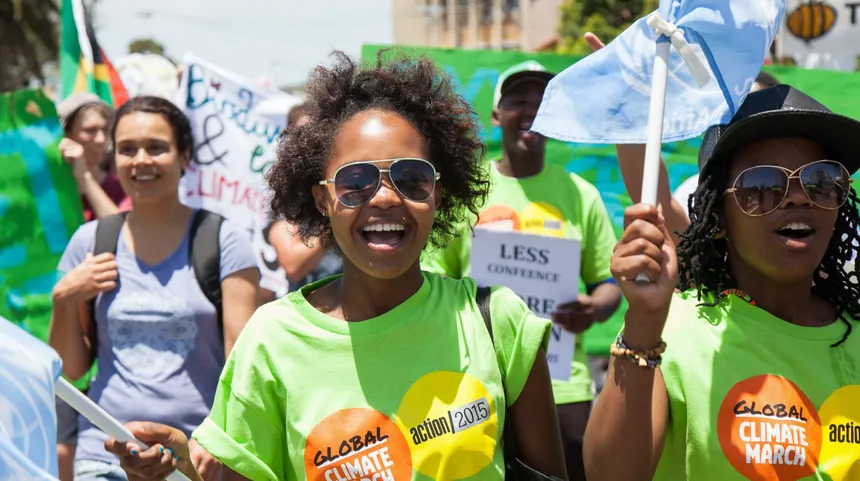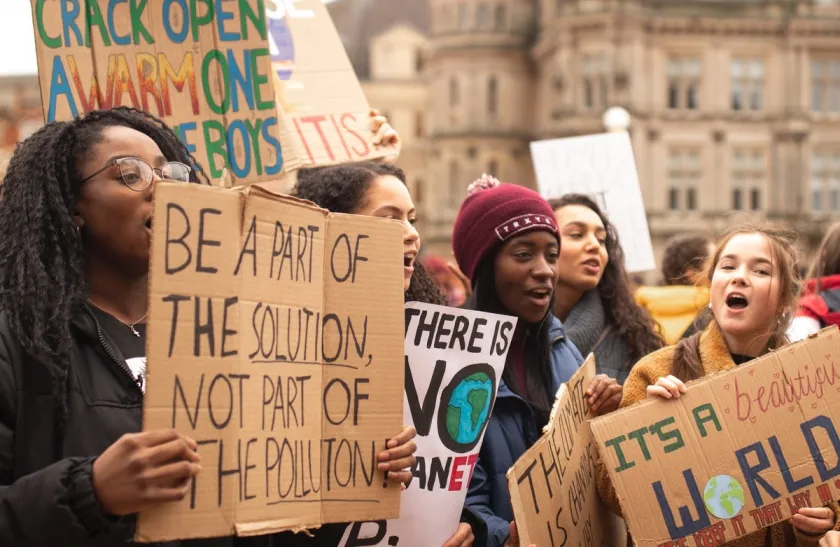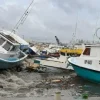Governments from around the world have gathered in Abu Dhabi for a last-ditch attempt to resolve deep divisions over how to provide funds to vulnerable countries affected by climate disasters. The meeting was prompted by a breakdown in talks two weeks ago, and its success is crucial for making progress on the issue at the upcoming UN Cop28 climate summit. Campaigners warn that if a broad agreement is not reached before the summit, the plans will become bogged down in complex negotiations.
The core issue is deciding how to govern the “loss and damage” fund, which aims to provide rescue and rehabilitation support to countries and communities experiencing the effects of extreme weather. Developed countries want contributions to be voluntary and come from large emerging economies, while poor nations are concerned about how the fund will be governed and how they will access the funds.
The World Bank has been proposed as a host for the fund, but many campaigners oppose this, citing high overheads and the bank’s history of failing to focus on climate finance. Instead, they propose setting up a new fund that is more responsive to the needs of vulnerable communities.
Accessing World Bank funds can be slow and difficult, with much of the finance provided coming in the form of loans rather than grants. The current impasse has sparked fears that the funds may become tied up in bureaucracy, delaying much-needed support to those in need.
Developed countries, such as the US, are pushing for the fund to be open to all countries that were classified as developing in 1992, which could include countries such as Saudi Arabia or the UAE. However, “most vulnerable” countries are desperate for a definition that focuses on the least developed nations, who bear the brunt of climate disasters due to their geography, infrastructure, and limited resources.

The biggest fight is likely to be over the sources of funding, with campaigners demanding that rich countries pay for their “historic responsibility” for emissions. The US and other developed countries, however, want to broaden the sources of funding, potentially including the proceeds from selling carbon offsets and contributions from the private sector.
Groupings of developing countries have suggested alternative funding mechanisms, such as a frequent flyer levy or a charge on shipping, which is a significant source of emissions. Gordon Brown, the former UK prime minister, has even floated a windfall tax on fossil fuel profits.
As the sums required are likely to reach hundreds of billions of dollars, many of these sources will be needed in some form. However, the crucial tension is over the status of countries like China, India, and South Korea, and petrostates like Saudi Arabia, Qatar, and Russia. These countries were once classed as developing but are now major emitters with bigger economies than the most vulnerable nations.
Resolving this core tension will be difficult, as campaigners resist any attempts to draw distinctions between the position of big economies and those of smaller, most vulnerable nations. Lien Vandamme, a senior campaigner at the Centre for International Environmental Law, warned that a failure to deliver would not make the communities whose rights are at stake and who are entitled to remedy go away.
Amina Mohammed, the UN deputy secretary general, emphasized the need to broaden the base of funding, acknowledging that this will involve tensions between countries that feel they have a historic responsibility to pay and those that do not. The Abu Dhabi meeting is a crucial moment in which the world can come together to forge a compromise and make progress on loss and damage.

